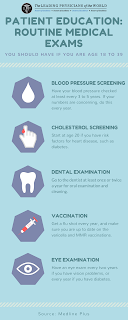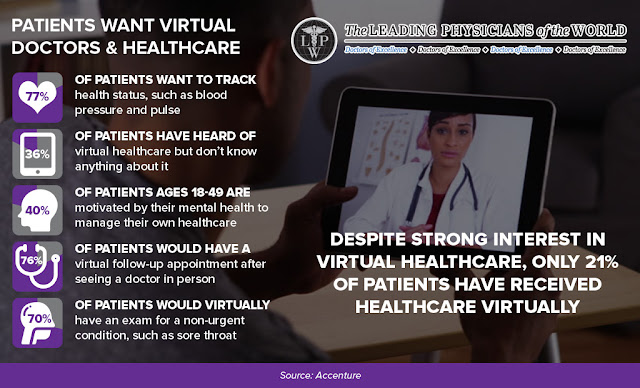Tea & Coffee

Tea and coffee are the two most popular and common beverages in the world. Many people around the world have made it a ritual or habit to have a cup of tea every morning after waking up. Many believe that having a cup of either beverage will give them an energy boost for the day. Have you ever sat to imagine or research about the medicinal properties of the two beverages? Both tea and coffee contain antioxidants, caffeine, and other compounds in traces that can be of great benefit to your health. While coffee is rich in both caffeine and antioxidants, you can have more tea throughout the day to gain equal health benefits. Both are believed to be hazardous and addictive if used in large quantities. Below are differences and facts about coffee and tea that drinkers should know: · Coffee is extracted from the bean of a coffee plant while tea is extracted from the leaves of a tea plant. · ...


